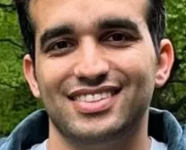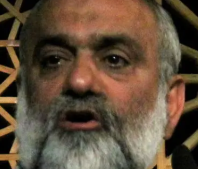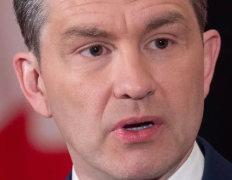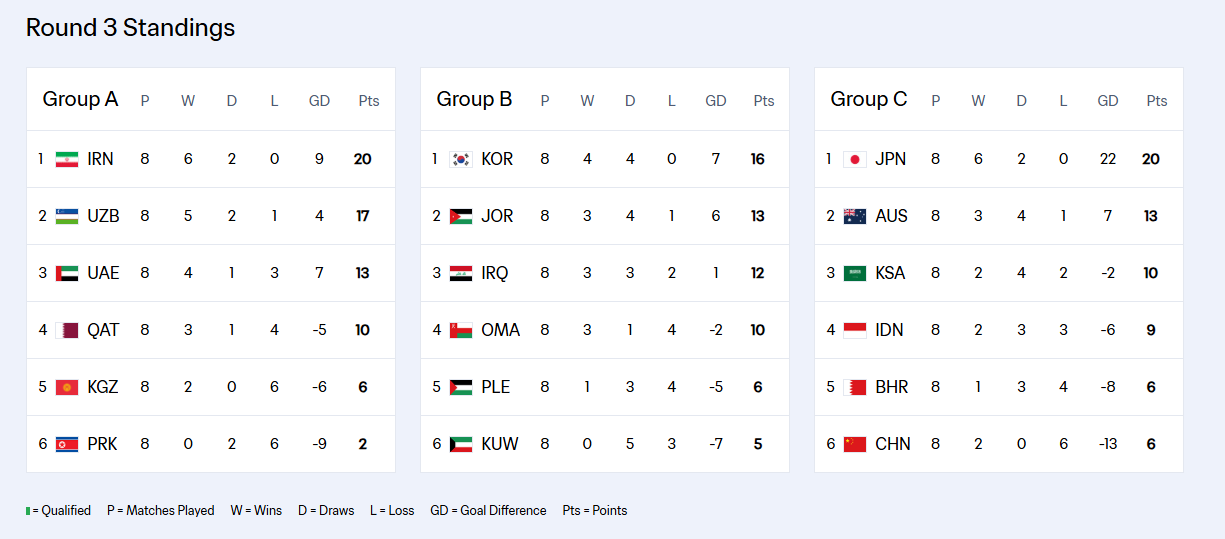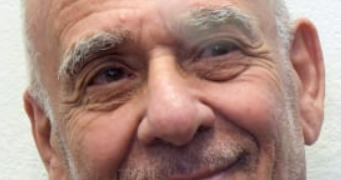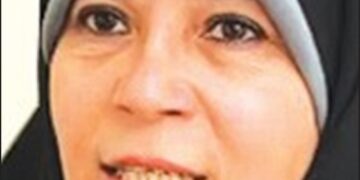October 14, 2016
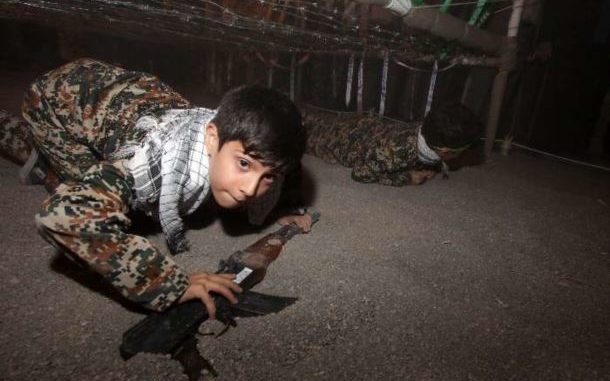
Iran has opened a park with a military theme to teach children as young as 8-years-old how to fight in a war and fire weapons at perceived Western enemies.
Located in a suburb west of Mashhad, the “Park of the Revolution’s Children” marked “Sacred Defense Week,” an annual commemoration of the Iran-Iraq war of the 1980s, according to a brochure.
“The participant children are trained in shooting virtual fixed and moving targets, including moving objects mounted with the US and Israeli flags,” Hamid Sadeghi, the managing director of the Children and Future Cultural House, which supervises the training, told Raja News.
In a photo essay by the Islamic Republic News Agency, children are shown carrying weapons in field drills, navigating an obstacle course and gathering around bonfires while wearing military apparel similar to Pasdar uniforms.
The children learn how to defend a sacred monument that resembles a Shiite holy site in Damascus that Iran says it is protecting in Syria’s civil war, Sadeghi told Raja News.
“Children are divided into groups of eight to 10 upon their arrival at the park and each picks a group leader,” he said. “They say goodbye to a model shrine at the beginning and engage in war games, training and teaching and will defend the Syrian shrine at the end of this 40-minute track.”
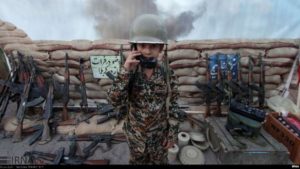
Human rights activists in the city told the Voice of America (VOA) they are quietly trying to dissuade families from allowing their children to participate in park activities.
“But since we do not carry any weight in terms of authority, our efforts are not very fruitful and we can face hardship if we push more,” one told VOA.
“We urge international organizations to take this training seriously as it may contribute to a future of extremism. Their propaganda is very strong and targeting low income and uneducated families…. This can really twist children’s futures and push them toward violence and make them keen to display violence.”
Roya Boroumand, executive director of the US-based Abdorrahman Boroumand Foundation, which monitors and tracks human rights in Iran, called the theme park “a dangerous incitement and misuse of children’s emotions.”
“They are playing with the future and fate of these kids by seeding the excitement of war in them, which might affect them all their lives and [impact] their decisions in the future,” Borou-mand said in an interview with VOA.
“Boys are inherently interested in war games and consider this as a game, but do not know what is waiting for them in war zones. Enticing them with these kind of games is despicable and not acceptable.”
The Iranian government often glorifies war. State-run television ran a video in April aimed at encouraging young people to join the fight in Syria. The video showed children taking up arms and singing a song about “martyrs who defend the sacred shrine.”

